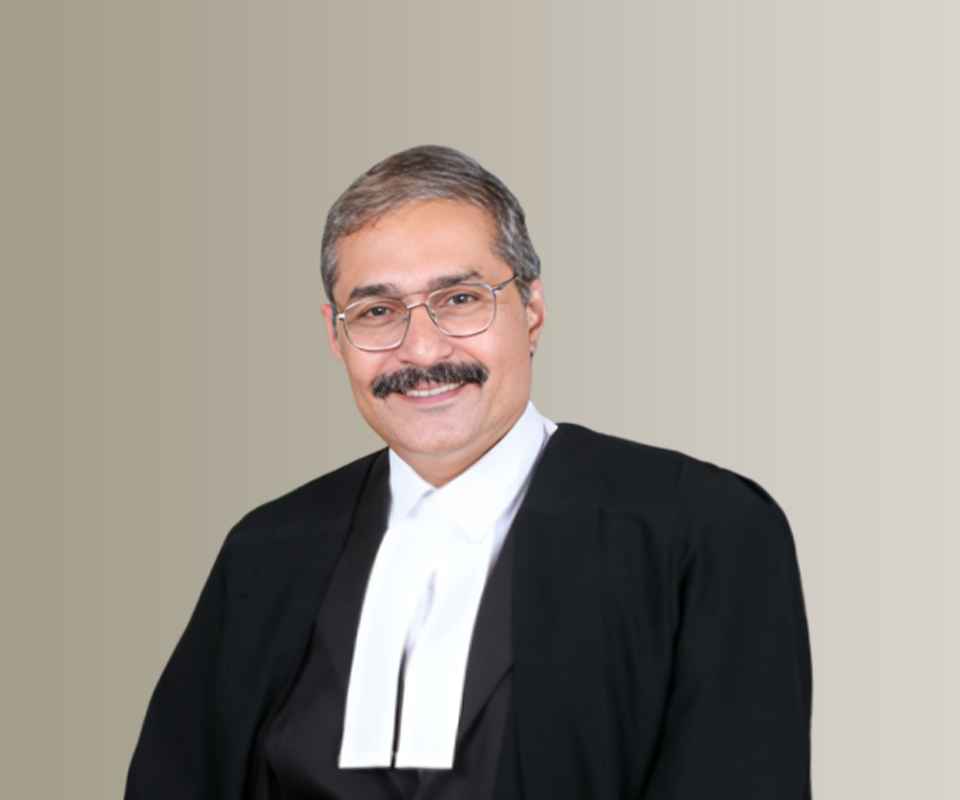Answer By law4u team
Extradition is a legal process where one country hands over an accused or convicted person to another country for prosecution or punishment. A critical aspect of this process is the requirement of sufficient evidence to justify the transfer. However, the standard of evidence required is not to prove guilt beyond reasonable doubt, but to establish a prima facie case. This ensures that extradition is not arbitrary and that the individual’s legal rights are protected during the process.
Is Evidence of Guilt Required for Extradition?
Prima Facie Standard, Not Proof of Guilt
Indian courts do not require full proof of guilt during extradition. The requirement is to show a prima facie case—i.e., there must be enough evidence to justify a trial in the requesting country.
Role of the Extradition Magistrate
The Extradition Magistrate’s job is to examine the evidence submitted by the foreign government and determine if it supports the charges. The magistrate does not conduct a trial but performs a legal check.
Types of Acceptable Evidence
Evidence can include:
Judicial warrants
Affidavits
Witness statements
Certified documents
Foreign court judgments
These must be authenticated as per the Extradition Act and applicable treaties.
Section 10 of the Extradition Act, 1962
This section allows Indian courts to accept authenticated documents as evidence for deciding whether extradition should be permitted.
Reciprocity and Treaty-Based Considerations
In treaty-based extraditions, the treaty itself may define the evidentiary requirements, often depending on whether the legal systems involved use civil or common law principles.
Courts Cannot Assess Credibility in Detail
The magistrate is not required to assess the reliability of witnesses or cross-examine them. That responsibility lies with the trial court in the requesting country.
Limitations and Safeguards
No Fishing Expeditions
Extradition cannot be based on vague allegations. There must be specific evidence linking the accused to the crime.
Judicial Review Available
High Courts and the Supreme Court may intervene if there is abuse of process or if the evidence is clearly insufficient.
Human Rights Protections
If extradition is likely to lead to an unfair trial, death penalty, or torture, Indian courts may reject the request regardless of the evidence.
Example
A person accused of large-scale fraud in Germany flees to India. Germany submits an extradition request, including:
A German court’s arrest warrant
Sworn affidavits from witnesses
Bank transaction records
A certified summary of charges
Steps taken in India:
The Indian Central Government forwards the request to an Extradition Magistrate.
The magistrate examines whether the evidence forms a prima facie case under Indian legal standards.
The accused is given a chance to respond but not to dispute the evidence as in a full trial.
Finding the evidence sufficient, the magistrate commits the person for extradition.
The Central Government makes the final decision based on legal advice and diplomatic considerations.







